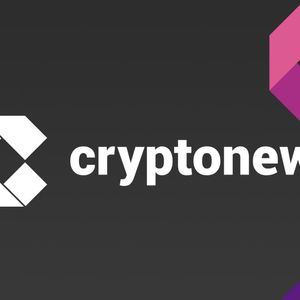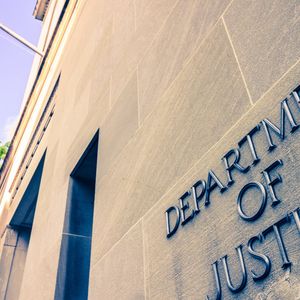South Korea’s Regulatory Gamble: A New Era for Stablecoins It’s a humid June evening in Seoul, but the mood inside the National Assembly is electric. Lawmakers are debating the Digital Asset Act—a bill that, if passed, could fundamentally reshape not only South Korea’s crypto markets but the global stablecoin landscape. The proposal is bold: for the first time, stablecoins pegged to both the Korean won (KRW) and the US dollar (USD) could be issued legally, provided they meet a strict set of requirements. Imagine this: by 2026, a Korean salary man could get some of their pay in a KRW stablecoin, instantly exchange it for a USD token to pay for an international purchase, and never have to wonder if their digital cash is really backed by genuine reserves. That's the idea behind the Digital Asset Act. Such a law would force all stablecoin issuers to be licensed, with fiat collateral being held in reserve at large Korean banks and subject to daily proof-of-reserve reporting. “South Korea’s stablecoin bill is MiCA on steroids. Asia’s crypto hubs are watching closely.” No longer would there be shadowy offshore organizations or unsubstantiated guarantees—just hard regulations, openness, and the full force of the Korean banking system. Consumer-protection provisions in the bill are broad. All stablecoins will have to be collateralized 1:1 in cash or cash-equivalents, and customers will have the right to redeem fiat for tokens within two business days. ”Stress tests” will be conducted on a monthly basis, mimicking market collapses, and issuers will need to hold insurance funds to indemnify against black swan events. Retail traders will have their transaction limits and volume restricted daily, a tribute to what was learned from the crash of Terra-LUNA that shook Korean investors in 2022. Crypto exchanges aren’t waiting for the ink to dry. Upbit, Korea’s largest exchange, is already in talks with Shinhan Bank to launch a homegrown KRW stablecoin, while Bithumb is negotiating with Circle and Gemini to bring licensed USD tokens to Korean users. Korbit, meanwhile, sees an opportunity to offer stablecoin payroll services to tech giants like Kakao and Naver. The message is clear: adapt or get left behind. Global Players and Local Impact The world is watching. Tether, the issuer of USDT, is lobbying hard for exemptions, hoping to avoid being squeezed out by Korea’s new compliance regime. Circle, the company behind USDC, is already preparing a Seoul-based subsidiary, betting that its MiCA-compliant structure will win over regulators. Even Binance wants in, offering its technical know-how to local banks in exchange for a foothold in the newly regulated market. The rewards are enormous: South Korea's crypto market is greater than $20 billion, and experts estimate that approved KRW stablecoins will reach about 40% of domestic trading volume in their first year on the market. At the same time, USD stablecoins will inevitably rule cross-border trade with Japan and Southeast Asia, establishing new channels of compliant, instantaneous value transfer. But the test of the law will be trust among consumers. Following the Terra-LUNA debacle, Korean investors are suspicious of assurances and starved for protection. The Digital Asset Act's insurance funds, redemption guarantees, and stringent bank custody standards are meant to ensure that ”stable” is really stable. Meanwhile, the debate will rage on. But one thing is certain: South Korea's stablecoin bill is not simply another regulation. It's a bet, a calculated one, that transparency, compliance, and institutional trust can transform digital assets from a speculative gamble to a pillar of the financial system. If Seoul gets it right, it won't alter the rules only for Korea but will set the standard for the rest of Asia and perhaps the world beyond.



















